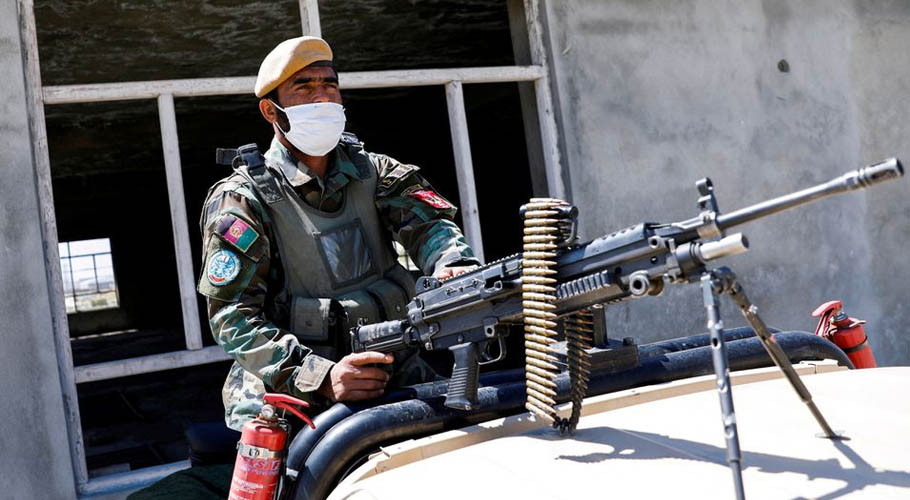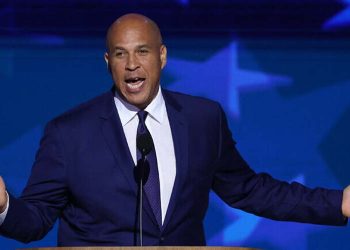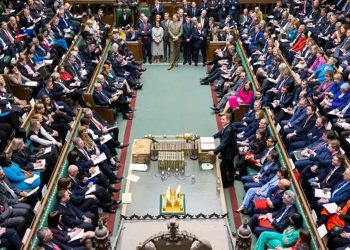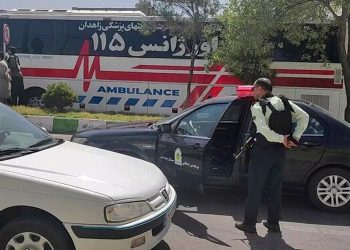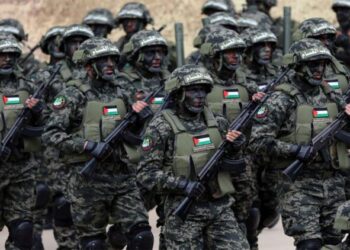KABUL: The commander of foreign forces in Afghanistan warned it would be a mistake for the Taliban to attack foreign troops still present in the country after the passing of a May 1 deadline for withdrawal.
US Army General Scott Miller’s comments followed what a US forces spokesman described as “ineffective indirect fire” at an airfield in Kandahar that had caused no injuries or damage.
Under a February 2020 deal between former US President Donald Trump’s administration and the Taliban, foreign forces were to withdraw from the country by May 1 while the militants held off on attacking foreign troops and bases.
But US President Joe Biden announced last month after reviewing the situation that forces would stay in the country for months beyond May, withdrawing by Sept. 11.
Kabul braced for a reaction from the Taliban on Saturday with visibly increased military presence and security at checkpoints. The Afghan capital was on “high alert”, while military patrols and security were being increased in main cities around the country.
In a video posted to Twitter by a spokesman for US Forces in Afghanistan following the incident in Kandahar, General Miller said it would be a mistake to move towards attacking foreign troops.
“Make no mistake, we have the military means to respond forcefully to any type of attacks against the coalition and the military means to support the (Afghan) security forces,” he said.
Violence against Afghans has escalated in recent weeks, with more than a hundred Afghan security forces personnel killed. On Friday, a huge blast in eastern Logar killed dozens as they broke their fast during the holy Islamic month of Ramazan.
READ MORE: Afghan parties urged to reach negotiated settlement, reduce violence
The Taliban responded to the Biden administration’s move with fiery rhetoric and threatened consequences, boycotting a crucial conference in Turkey planned for last month to help jump-start stalling Afghan peace talks.
Official and Taliban sources say contacts have been maintained to try to get the Taliban back to the negotiating table and agree to the extended foreign troop presence but no announcement on an extension had been made.
Taliban spokesman Zabihullah Mujahid tweeted that the passing deadline meant “this violation in principle has opened the way for (Taliban) to take every counter action it deems appropriate against the occupying forces.” He added that fighters were waiting on the decision of Taliban leadership.
Washington has also warned that if foreign forces were attacked while carrying out the withdrawal they would defend themselves “with all the tools at our disposal”.
In the lead up to May 1, there were a flurry of meetings as negotiations with the Taliban over the deadline extension continued. US special envoy for Afghanistan, Zalmay Khalilzad, had met with the Taliban’s head of political office, Mullah Baradar in Doha.
Also on Friday, the eve of the agreed deadline, envoys from Russia, China, Pakistan and the United States held meetings with Taliban officials and Afghan government negotiators in the Qatari capital. The Taliban said they discussed the peace process and their request that Taliban leaders be removed from sanctions lists.







